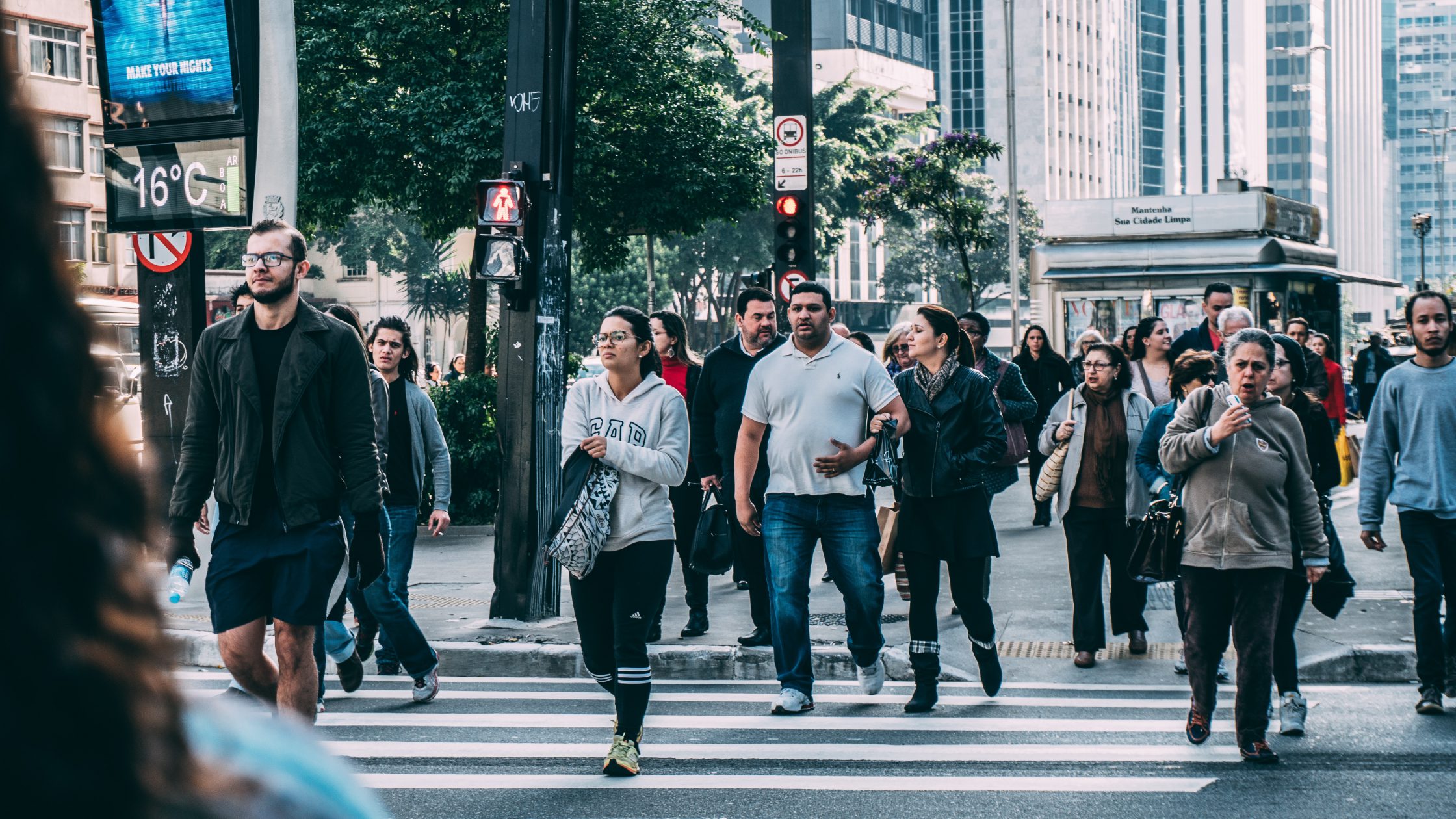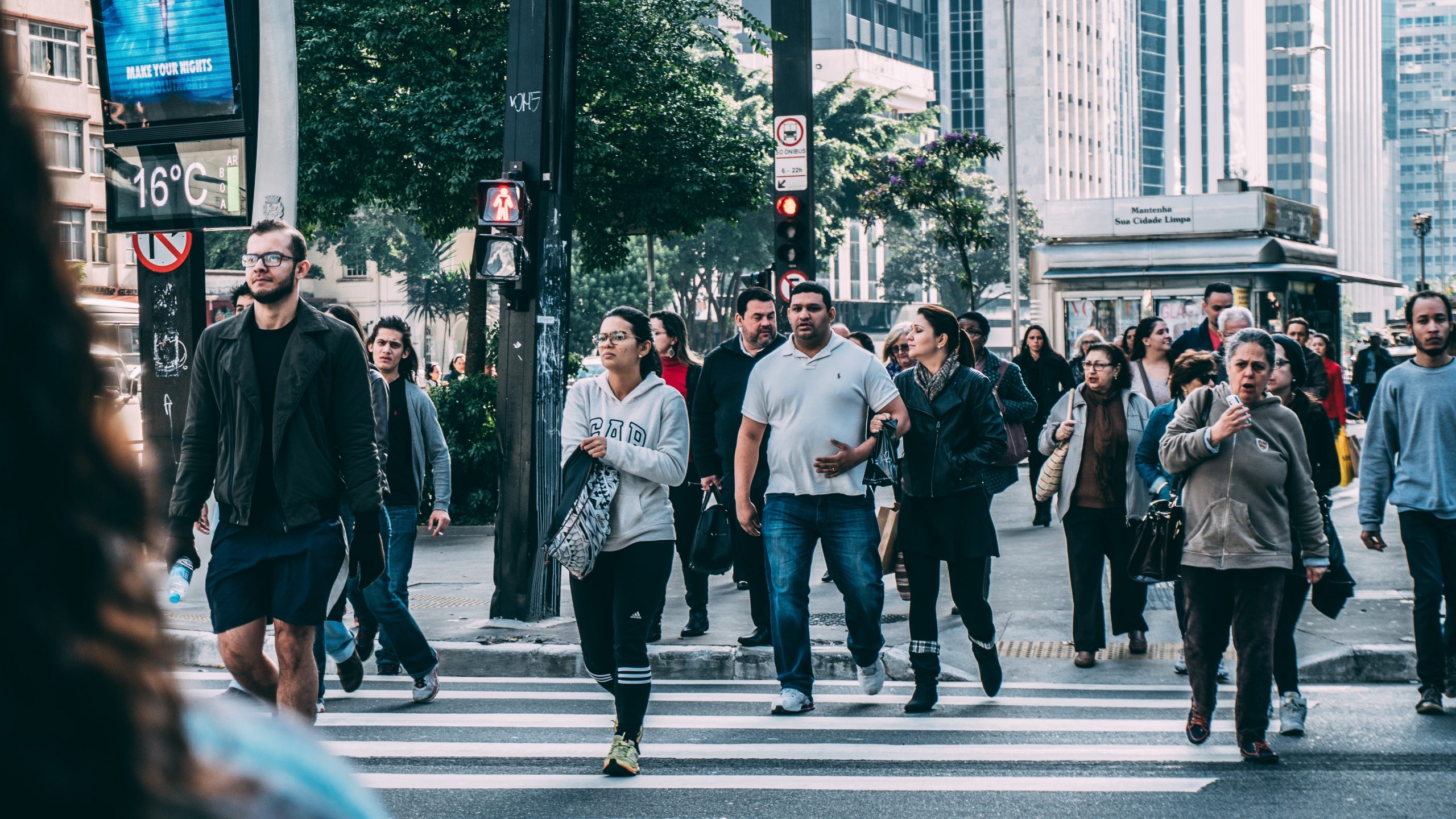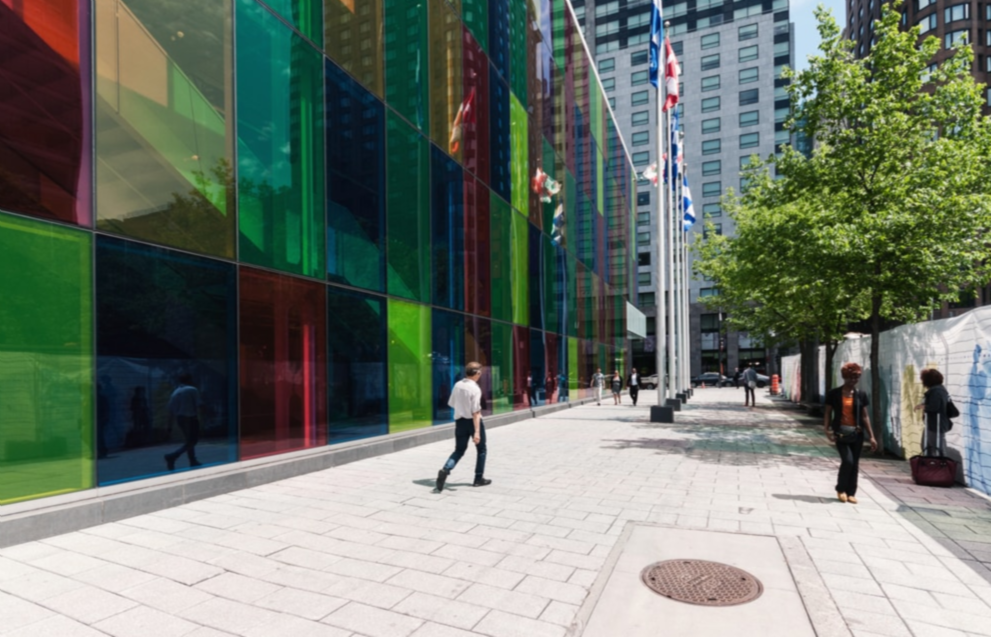Paris, June 2019 – The security of public spaces is an issue on which Efus and its members have long worked. Numerous projects are conducted on this theme by Efus member local authorities and through European projects that are either led by Efus or in which it is a partner. Public spaces are the heart of cities, the places that embody their identity and where urban life is concentrated. Because they are open to all, they are vulnerable to different types of risk that call for a coordinated approach involving all relevant actors (local authority, police, emergency services, users’ representatives…).
>>The security by design of public spaces
Much work is being undertaken on this issue by Efus member local authorities and through European projects led by Efus or in which it takes part. One recent initiative in this respect is the conference organised on 29 May in Brussels by Bruxelles Prevention Sécurité (the organisation in charge of crime prevention for the Brussels region) on the security by design of public places, in other words how architectural, social and law enforcement measures can be combined in a holistic manner to ensure better protection.
The conference, which gathered Efus, representatives of the Brussels-Capital Region, local authorities, police, civil protection, the federal government and European institutions, as well as sociologists and academics, was notably devoted to the prevention of terrorist acts in public spaces. This is a major concern for European local and national authorities, in particular in light of the wave of terrorist attacks using lorries or vans as weapons as happened in Nice (July 2016), Berlin (December 2016), London (March 2017), Stockholm (April 2017) and Barcelona (August 2017).
>>A specific status in the domain of public security
The security of public spaces also includes other topics that were discussed during the conference, in particular the security of crowded places and everyday security. Places for communication, meeting, political demonstrations, artistic and cultural performances and all sorts of entertainment, public spaces are vulnerable to incivilities and conflicts linked to their different uses by different groups of population (youngsters and seniors, night revellers and daytime workers, men and women…). Even though these problems are obviously not as serious as terrorism, they do have a significant important on citizens’ feelings of insecurity.
>>Efus’ position
Efus’ position on this theme is expressed in the “Security, democracy and cities: Co-producing urban security policies” manifesto adopted at the November 2017 international conference, held Barcelona. It states that “numerous studies and experiments have shown that the design and management of public spaces have an impact on security and feelings of insecurity” and that their security “depends on a number of actors and professions from both the public and private sectors, which have very different professional cultures.”
Efus notably recommends to take into account “the different uses and needs of the public, including minorities and those most vulnerable to victimisation […] in the design and management of public spaces, based on objective and subjective data.” Furthermore, “operations for securing public spaces should be designed in accordance with quality and social inclusion objectives so as not to hinder social cohesion and avoid generating a feeling of insecurity that would be counterproductive.”
>>The Urban Agenda for the European Union
Efus, with the cities of Nice (France) and Madrid (Spain), is coordinating the new Partnership on the security in public spaces of the Urban Agenda for the European Union.
The work of the partnership will be structured around three axes: urban planning and design; technology for smart and secure cities; managing the security and sharing of public spaces.
As co-manager, Efus stresses the need to reflect on security issues early, at the stage of urban programme designing rather than in reaction to problems that arise.
>>European projects
Efus is currently participating in three European projects on public spaces: PRoTECT, PACTESUR and Cutting Crime Impact (CCI).
- PRoTECT (Public resilience using technology to counter terrorism – 2018-2020) aims to strengthen local authorities’ capabilities in public space protection in particular before, during, and after a terrorist threat. It will put in place an overarching concept where tools, technology, training and field demonstrations will lead to situational awareness and improve direct responses to secure public places.
- PACTESUR (Protecting allied cities against terrorism by securing urban areas – 2019-2021) aims to build the capacities of cities and local actors in the field of the security of public spaces vulnerable to terrorist threats among others. Through a bottom-up approach, PACTESUR gathers local decision makers, security forces, urban security experts, urban planners, IT developers, trainers, front-line practitioners, designers and other professionals in order to shape new European local policies to secure public spaces against terrorist attacks.
- Cutting Crime Impact (CCI, reducing the impact of criminality in local communities – 2018-2021) seeks to enable police and relevant local and national authorities
(i.e. security policymakers) to reduce the impact of crime and, where possible, prevent crime from occurring in the first place. The project will enable a preventative, evidence-based and sustainable approach to tackling high-impact petty crime.






